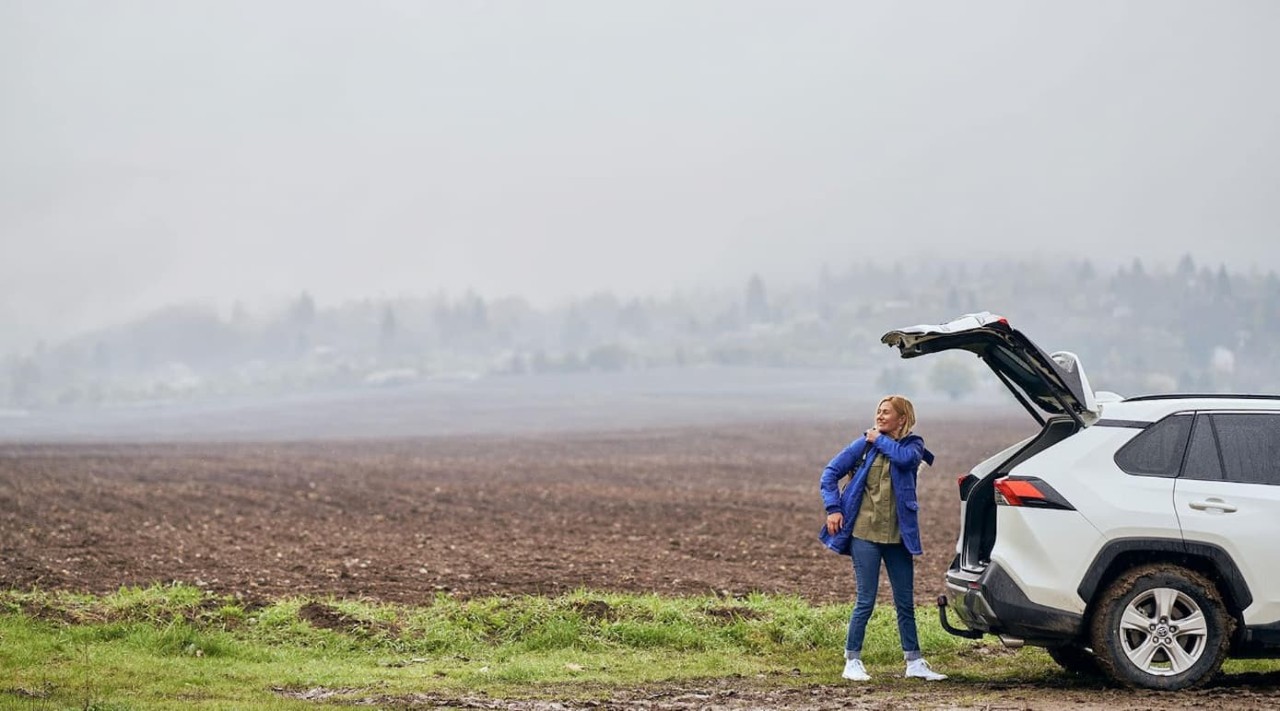Summertime is approaching, or so the calendar says at least……… and many schools will be busy planning end of term School Tours and Summer Camps. They differ to the normal day to day school routine. The pupils will be less inhibited, especially where the activity takes place away from the school. Schools are the masters of planning such outings and events but you can often have new questions and queries and hopefully we can help make these activities a little less stressful. At the end of the day, these are supposed to be the fun activities in the school year!
School Tours
In general providers of commercial insurance policies will ensure a business description is provided & once the policy is incepted the routine business activities of that business will be covered. This is the same for your school insurance policy, in that Allianz provide cover to the school for normal school related activities. Every school go on a school tour, be it your junior infants going to the local petting farm or the sixth class students going to the outdoor adventure park or the fifth and sixth year trip to a European city. School tours are part and parcel of school life and as such they are covered under the school policy.
However, this doesn’t mean that its simply a case of picking a location or activity and off you go. A schools legal responsibility is to take reasonable care for the safety of your pupils. It is not possible for any individual or organisation to get everything right all the time, but the school is tasked with doing what is reasonably possible. What is reasonably possible is planning and consideration for the supervision required.
Planning
To plan a school tour as safely as possible you should choose the appropriate
- venue
- mode of transport
- type of activity
taking into account the age and capacity of the pupils. Schools will know the capability of the age groups more than any of us however it’s always good to ask the question “is this appropriate?” before signing on the dotted line.
When arranging a school tour it’s always recommended that the school obtain, from parents or guardians, a signed form indicating their consent to the pupil going on the school tour.
Supervision
Adequate supervision is vital. The fact that pupils may from time to time be under the guidance of staff at an adventure centre or other activity does not remove the responsibility of the school staff to ensure that an adequate level of supervision is provided at all times.
Spirits will be high with a sense of adventure and bravery therefore, a greater level of supervision may be required than that which is required on the school premises.
- Younger pupils may require closer supervision.
- As far as possible only teachers or SNA’s should accompany the pupils.
- There may not always be enough teachers or SNA’s to supervise the pupils whilst on the school tour. In that case, the school may look to parents to help out. Parents or other volunteers assisting with supervision should always be under the guidance of a teacher and the school should be satisfied as to the suitability of all voluntary helpers and ensure child safeguarding procedures are adhered to.
Disclaimers & Activity Providers Insurance
What has become more common in recent years is certain activity providers are asking schools to sign disclaimers. Schools need to be very wary of this and should check out the request with Allianz (or with your own insurer or intermediary). These documents can be quite technical, with some disclaimers trying to extract the activity provider from any responsibility in relation to incidents/accidents even involving their supervision, equipment and training. Obviously a school should not be signing anything like this.
Furthermore, a school should always seek confirmation that the activity provider has their own insurance in place. A red flag is where a provider claims that “the school has insurance”. The school does have insurance but that is for the schools legal responsibility, it’s not there to cover a provider with faulty equipment or sub-standard staff training. If an incident was to happen and the provider doesn’t have insurance, in all likelihood the school may be found liable by a court for not taking reasonable precautions in ensuring the provider had adequate insurance.
Summer Camps
Summer camps are generally one or two week courses centred on a specific activity. Activities usually range from academic classroom based camps, to arts and crafts, to field sports. The level of supervision required varies depending on the activities undertaken and the age profile of the children.
Summer camps are not automatically covered by the Allianz Custodian School Protection policy. However, the policy can be extended to provide cover for these summer camps, for which there will be an additional charge. It is important to note that the Allianz policy can only be extended to provide cover for the summer camp if it is organised with the full knowledge and authority of the Board of Management of the school, the proceeds are for the benefit of the school and the summer camp is under the control of the school.
Most summer camps are not organised by the school. Independent individuals (which may happen to be teachers in the school) or groups may offer or request to organise the summer camp based at the school premises. In these cases it is important you check that the organisers of the summer camp have
- their own independent insurance arrangements in place. Ask the organisers of the summer camp to provide a letter of indemnity to the school from their insurers.
- their own child safeguarding procedures in place (you do not want a copy of these, just confirmation)
- a licence agreement in place with the school outlining the responsibilities of each party
Furthermore it should be made clear on any marketing that this is a not a school camp.
If you require any additional information in relation to this article, please contact our Education Team at 01 613 3966 (Mon – Fri, 9am – 5pm, calls may be recorded), your local Allianz Representative or your Insurance Intermediary.
Allianz p.l.c. is regulated by the Central Bank of Ireland. Standard acceptance criteria, terms & conditions apply. Calls may be recorded or monitored for regulatory, training and quality purposes.
Information correct as of date of publishing. This blog will not be updated or edited so the information may become outdated.





